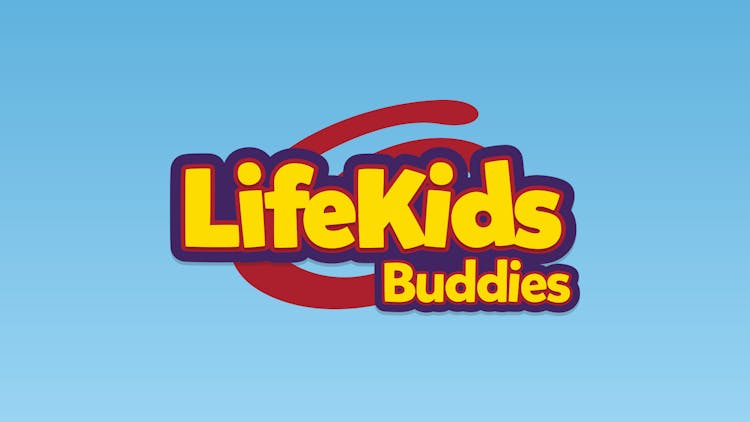Parents of special kiddos with disabilities often cannot easily leave the house with their children the way other parents can. It can feel depressing and alienating. Just endeavoring into the community to buy groceries can become an unbearable ordeal. It can feel overwhelming to think about adding another outing like church into the weekly mix.
Imagine how difficult it can feel to venture out to church anyway—only to hear more negativity about your child. Or worse, being asked to leave because your child is “too difficult.”
Thank goodness for LifeKids Buddies. That will not happen on your watch!
You have the opportunity to be a life-giving voice to families who are often living in an encouragement deficit.
As a LifeKids Buddy, you have the opportunity to be a life-giving voice to the families who are often living in an encouragement deficit. Let’s use our words to build up the families of the precious children we work with.
1. “You’re doing a great job.” You might want to say this especially if your special LifeKid’s parent looks exhausted or confused. Parenting is exhausting and confusing, after all. When a special parent is especially worn out is exactly when they need to know they’re doing okay. You’re with them. You see them. God sees them. And they’re doing the best they can—which is a great job.
Note: Do not say, “I don’t know how you do it.” This isn’t actually helpful. It can make a parent feel like they’re raising a child no one could possibly understand. How does a special parent do it? They love their child. That’s how anyone raises another human being, no matter the level of their needs.
2. “How can I help you?” Magical words. Does a special parent of a disabled child need help? You bet. Will they ask for it? Not nearly as often as they need it. You might even have to ask again if the parent deflects, ignores, or says, “I’m good.” Don’t get pushy or insert yourself where you’re truly not needed. But, do let the parent know you actually mean it when you ask how you can help.
3. “How can I pray for you this week?” This is similar to question two, but with a spiritual emphasis. The power of prayer is mighty. It is an encouragement to a special family to know that someone is praying for the specific needs their child or family has each week. One week, it’s about trying a new food. The next it’s about trying a new classroom. You won’t know unless you ask. And it is such a delight to a parent to know you’d like to pray for them and their family.
4. “I love it when your child __________.” This shows a parent that you not only care for their child, but you enjoy them. What a truly welcome phrase! It’s not every day that a parent hears from a teacher or other caregiver that their child has affected them in a positive way. It’s far more often they hear about a deficit or difficulty their child has. Hearing that their child not only did something good, but that it was also appreciated by their special Buddy is a very special form of encouragement.
5. “I see [say a specific positive character trait] in your child.” Be as specific as you can. Do you see a joyful spirit? An inquisitive mind? A tenacity for finishing their tasks? A gentle spirit? Please share positive qualities you see as often as you can. Feel free to repeat the positive trait you see in their child every week! Special children have real futures ahead of them. Point out any giftings you see in them to their parents. It helps a parent understand hobbies and vocations they can steer them toward. Plus, as mentioned in point four, positive words about a special child are just more needed than you may realize.
What’s the bottom line? When it comes to special parents, the majority of them are desperate for good news. Parents want to know their child is loved. They want to know their child is making a positive impact on the people in their life. They want to know the people who work with their child find them lovable. So—if you see something positive, say it!


